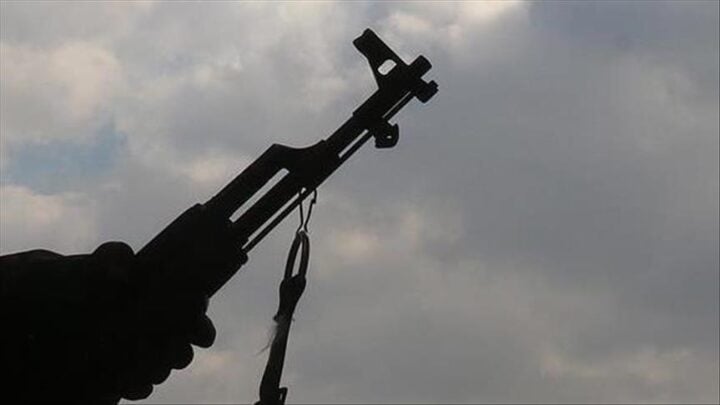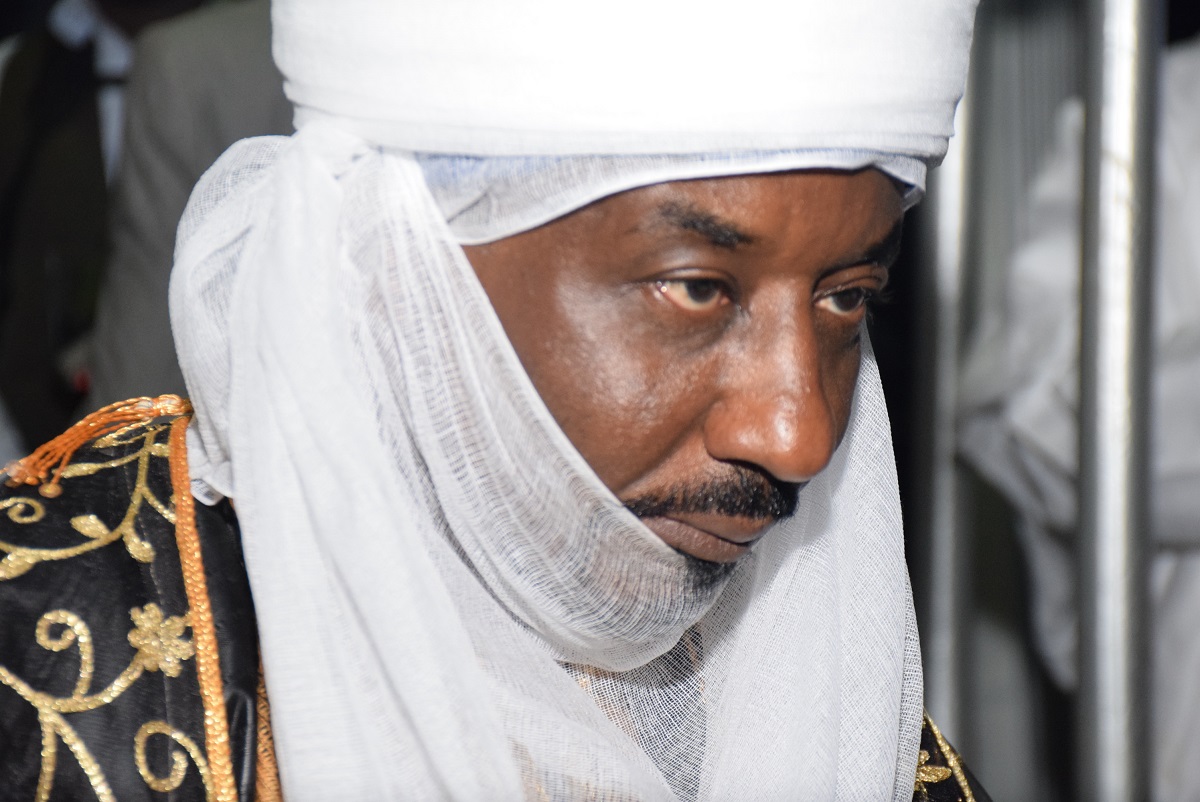The West Africa Network for Peace Building, Nigeria (WANEP-Nigeria) says at least 600 persons have been killed in the Tiv/Jukun crisis in Taraba and Benue.
In a statement on Thursday, the group said thousands have been displaced in the crisis with numerous structures burnt down or vandalised.
The Tiv and Jukun communities in parts of Taraba and Benue have had violent encounters in recent times triggered by struggle for land among other causes.
While decrying the killings, Bridget Osakwe, WANEP national coordinator, said statistics show 41 people have been killed within three weeks in September.
Advertisement
“Beyond the spill-over effect of violence on neighbouring communities of Benue State, inter-communal trading activities, household food consumption and income have also been affected by the escalation of violence,” Osakwe said.
“Equally alarming is the impact of the conflict on agriculture and livestock activities, which happen to be the mainstay of the local economies of the conflicting LGAs. This threatens food security, as local farmers and herders fear reprisal attacks in their farming locations in Taraba and Benue States.”
Osakwe added that the crisis has disrupted education in the affected communities as a result of the shutdown of a number of schools.
Advertisement
She warned that if the violence is not checked, it will heighten the risk of sexual and gender-based violence against women and children trapped in the affected areas.
“WANEP-Nigeria recommends that State Governments to increase the spaces for dialogue and mediation to include traditional/community leaders, faith-based institutions, women and youth groups and other relevant stakeholders from both ethnic groups to ensure inclusivity in the peace process,” she said.
“The State Governments should strengthen partnership with civil society organisations including WANEP to provide support in community dialogue and mediation in the affected States, while also creating a space for peace education, in collaboration with the media to foster peaceful coexistence and tolerance in the affected communities.”
Advertisement
Add a comment







